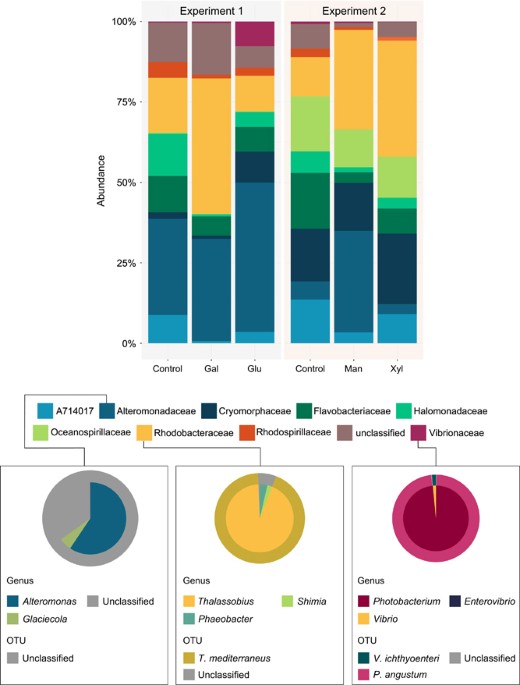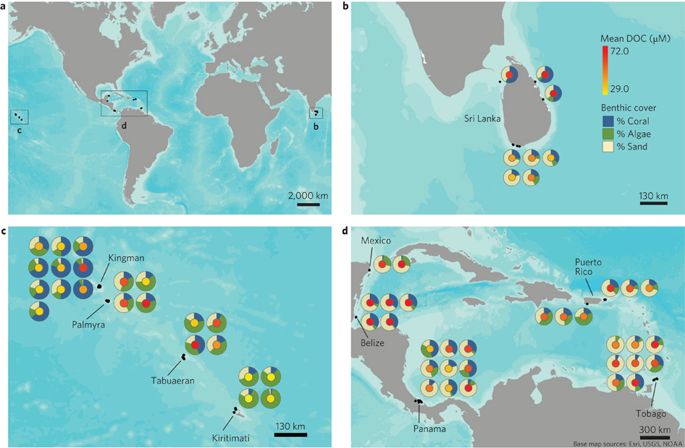I’ve have reef tanks for over 30 years. I built my own metal halide lights from parts and I designed and build my own downdraft skimmer. I’ve been doing it since coral colonies, and I mean big ones, were $20. So a long time …
I’ve had a lot of successes and my share of failures too. The one thing I knew from early on, was that stability was key to being successful.
I made an ATO that worked (most of the time) found a temp controller that was reliable and did regular water changes using a hydrometer. I tested what I could using LaMotte test kits. I was high tech. LOL
As the hobby evolved, more equipment became available, and various additives were the rage, I got lazy. I did things by eye, rather than by a schedule. I relied on additives, rather than water changes and when I lost a coral, I just replaced it. So it was $30 now, not a big deal.
So fast forward 10 years or so. Life got busy and I was out of the hobby for five years and have been back it for five. Wow, how things changed!
LED lighting, controllers, custom made sumps, roller fleece filters, DC pumps, I can go on and on. I guess the biggest negative change, was that the supply of good live rock dried up and then good dry rock, like Tonga, too and of course the cost of corals skyrocketed.
I dove right back in. Quickly went from a 60 gallon tank, to a 110 and then a 150. I started it was the best dry rock I could find, took my time and cycled it correctly and started stocking it with tiny $30 zoa frags and now $100 LPS frags. Ouch!
What didn’t change, was my lazy habits. It was even easier now, with controllers, really good additives, efficient skimmers and great lighting. I did water changes, but not regularly. I tested the water when the mood struck me and still did pretty good, but when I lost a coral, it was more like a $100 loss.
I think the light bulb finally came on when I went to a coral show and sale recently and saw that the $25 zoa frags were more like $50 now and a decent torch or hammer was $200 and up.
I finally realized that I needed to do it the “right”way. I bought myself some good Hanna test kits, learned how to use them properly, got my perimeters under control and did water changes on a set schedule.
What a difference it made! In less than 30 days, my corals opened more, everything was thriving, rather than just surviving, colors were popping and the coralline algae that had always been hit or miss, was a hit.
I know rambled a bit, but the moral to the story is, do your water changes, do them regularly and test your parameters. You will thank me for it!
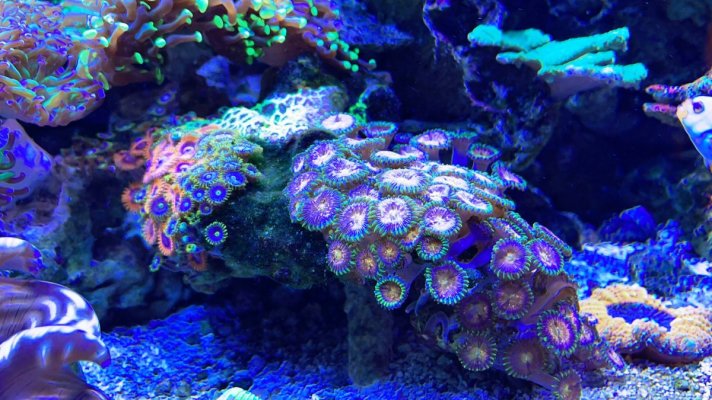
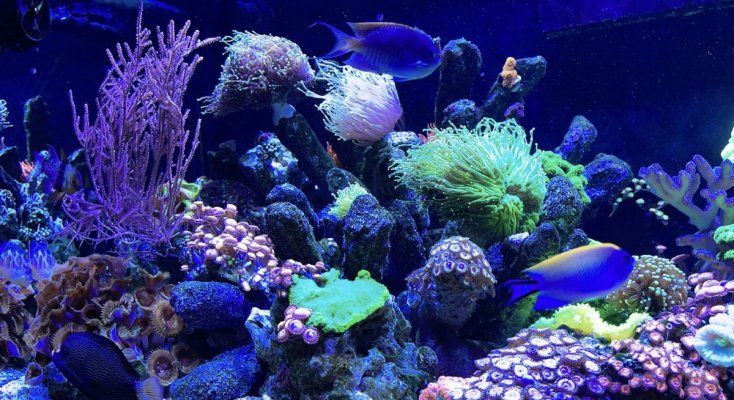
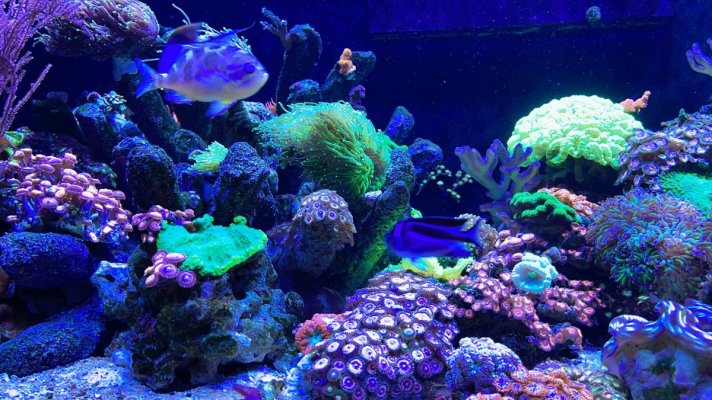
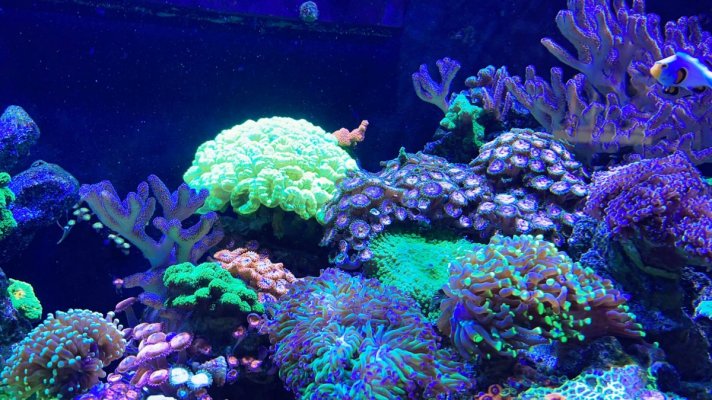
I’ve had a lot of successes and my share of failures too. The one thing I knew from early on, was that stability was key to being successful.
I made an ATO that worked (most of the time) found a temp controller that was reliable and did regular water changes using a hydrometer. I tested what I could using LaMotte test kits. I was high tech. LOL
As the hobby evolved, more equipment became available, and various additives were the rage, I got lazy. I did things by eye, rather than by a schedule. I relied on additives, rather than water changes and when I lost a coral, I just replaced it. So it was $30 now, not a big deal.
So fast forward 10 years or so. Life got busy and I was out of the hobby for five years and have been back it for five. Wow, how things changed!
LED lighting, controllers, custom made sumps, roller fleece filters, DC pumps, I can go on and on. I guess the biggest negative change, was that the supply of good live rock dried up and then good dry rock, like Tonga, too and of course the cost of corals skyrocketed.
I dove right back in. Quickly went from a 60 gallon tank, to a 110 and then a 150. I started it was the best dry rock I could find, took my time and cycled it correctly and started stocking it with tiny $30 zoa frags and now $100 LPS frags. Ouch!
What didn’t change, was my lazy habits. It was even easier now, with controllers, really good additives, efficient skimmers and great lighting. I did water changes, but not regularly. I tested the water when the mood struck me and still did pretty good, but when I lost a coral, it was more like a $100 loss.
I think the light bulb finally came on when I went to a coral show and sale recently and saw that the $25 zoa frags were more like $50 now and a decent torch or hammer was $200 and up.
I finally realized that I needed to do it the “right”way. I bought myself some good Hanna test kits, learned how to use them properly, got my perimeters under control and did water changes on a set schedule.
What a difference it made! In less than 30 days, my corals opened more, everything was thriving, rather than just surviving, colors were popping and the coralline algae that had always been hit or miss, was a hit.
I know rambled a bit, but the moral to the story is, do your water changes, do them regularly and test your parameters. You will thank me for it!




Attachments
Last edited:









